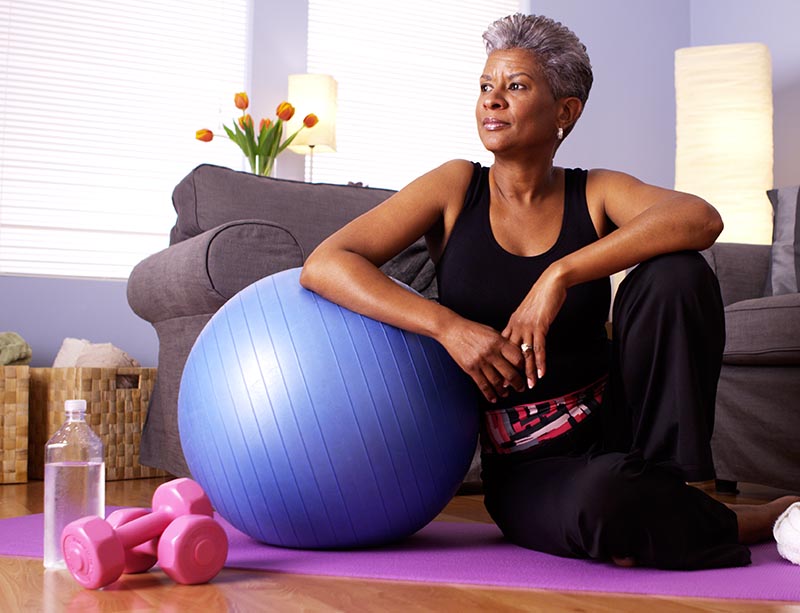Quick Studies: a snapshot of the latest research
What's a Normal Serving?

Have oversized servings in restaurants distorted our view of what's normal? Scientists randomly assigned 277 people to be served a lunch with either a larger (440-calorie) or smaller (220-calorie) portion of quiche.
The next day, the participants were told to serve themselves a portion from a full, family-sized quiche. (The researchers pretended that the study had some other purpose.)
People who had gotten the larger serving on day one served themselves a larger portion on day two. What's more, they also chose a larger serving when asked to identify a "normal" portion of quiche that day or a week later.
What to do: Think twice before you eat everything a restaurant serves you. Odds are, you'd feel full with less.
Am. J. Clin. Nutr. 107: 501, 640, 2018.
To Live Longer...

Americans live shorter lives than people in most other high-income countries.
What could lengthen lives?
Researchers tracked roughly 123,000 U.S. men and women for 30 years. Then they identified five "low-risk lifestyle factors": never smoking, normal body weight, more than 30 minutes of moderate or vigorous exercise a day, moderate alcohol intake, and a healthy diet (high in vegetables, fruit, nuts, whole grains, polyunsaturated fats, and omega-3 fats and low in red and processed meats, sugar-sweetened beverages, trans fat, and sodium).
At age 50, someone with all five factors could expect to live 43 more years (women) or 38 more years (men). A 50-year-old with none of the factors could expect to live only 29 more years (women) or 26 more years (men).
What to do: Although this kind of study can't prove cause and effect, shoot for a low-risk lifestyle to hedge your bets.
Circulation 2018. doi:10.1161/CIRCULATI0NAHA.117.032047.
Thinking About Fish Oil?

Is it worth taking fish oil to stay sharp?
Researchers randomly assigned roughly 400 people aged 65 to 90 to take a daily dose of either fish oil (with 1,720 milligrams of DHA plus 600 mg of EPA) or a placebo. None had memory loss when the study started.
After 11/2 years, the fish oil takers scored no better than the placebo takers on tests of memory (short-term, working, or retrieval), reasoning, reaction time, or other measures of thinking ability.
What to do: Studies are ongoing, but so far, fish oil isn't a brain booster.
Am. J. Clin. Nutr. 107: 754, 2018.
B Vitamins for Fractures or Fatigue?

Can B vitamins protect bones or fight fatigue, as some people believe?
Scientists randomly assigned 5,442 women to take high daily doses of vitamin B-6 (50 milligrams), vitamin B-12 (1,000 micrograms), and folic acid (2,500 mcg), or a placebo. After seven years, the risk of bone fractures was no lower in the B vitamin takers.
In another study, researchers randomly assigned 95 people with debilitating fatigue and irritable bowel syndrome or inflammatory bowel disease to take vitamin B-12 (1,000 mcg a day) or a placebo. After eight weeks, fatigue was no lower in the B-12 takers.
What to do: Don't expect B vitamins to work magic for fractures or fatigue.
J. Bone Miner. Res. 32: 2331, 2017.
Clin. Nutr. ESPEN 23: 48, 2018.
Photos: Photos (top to bottom): stock.adobe.com: marysckin, rocketclips, Photographee.eu, Monika Wisniewska.
Continue reading this article with a NutritionAction subscription
Already a subscriber? Log in

